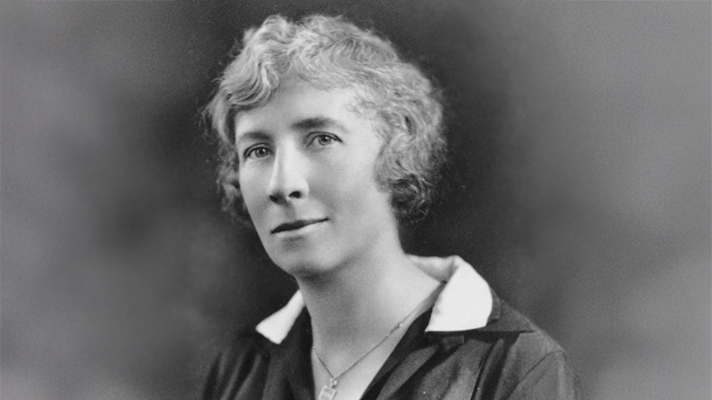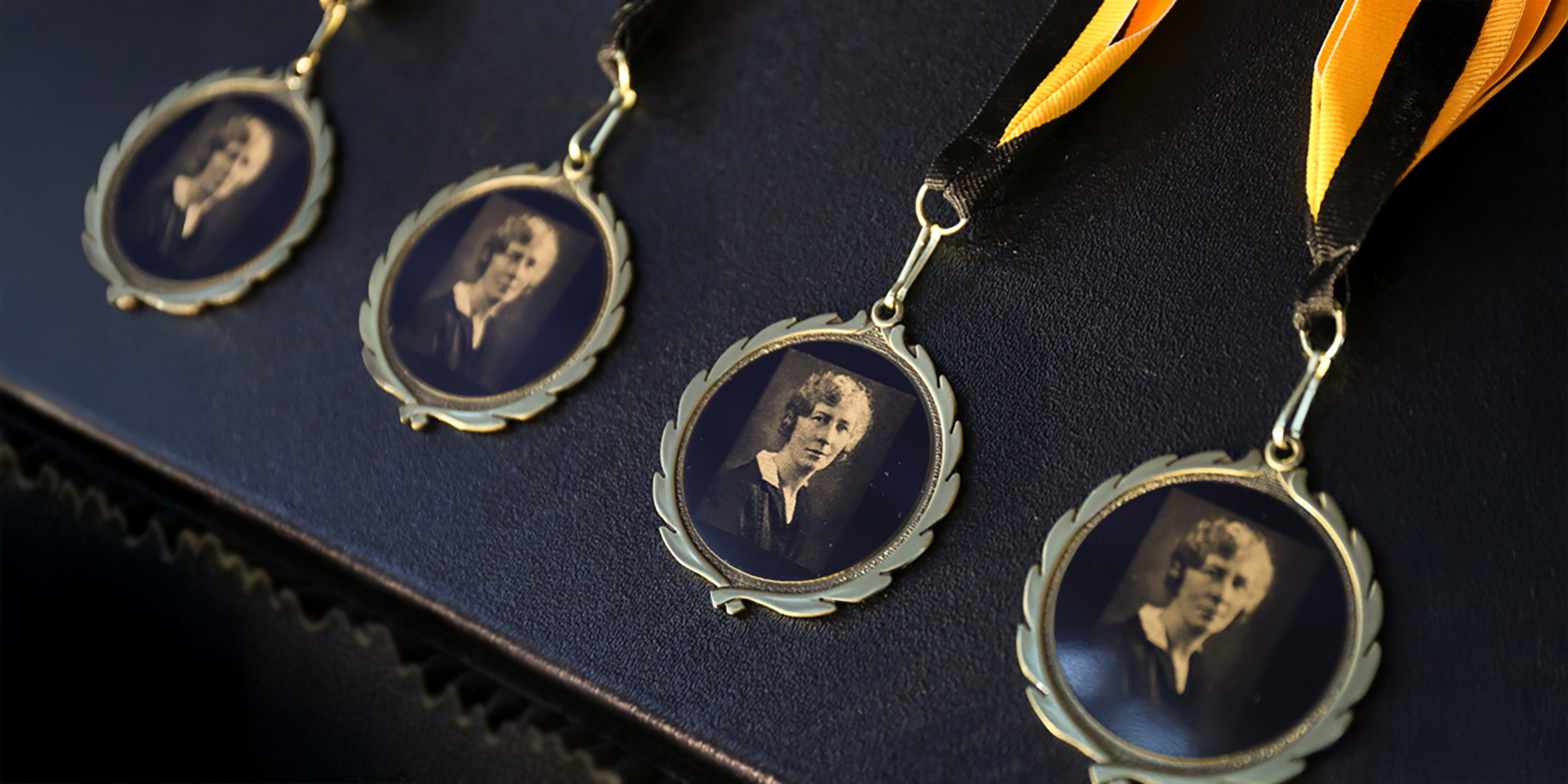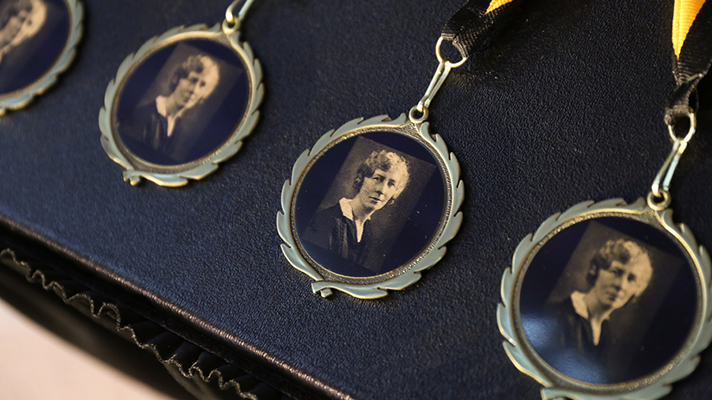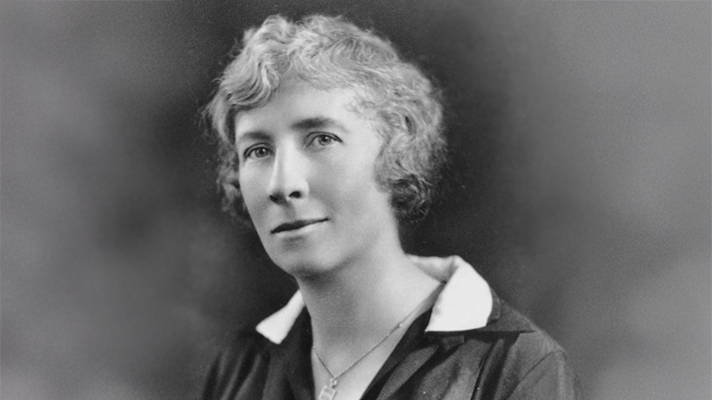
About
The Gilbreth Postdoctoral Fellowships at Purdue Engineering are awarded in memory of Dr. Lillian Moller Gilbreth, Professor at Purdue from 1935-1948. A world renowned pioneer in the application of psychology to industrial engineering, Dr. Gilbreth’s work epitomized interdisciplinary research and broader impact on industry and society.
2025
Fellowship Awardees




